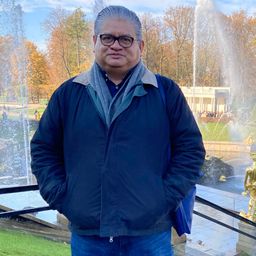Balance and perspectives of the conservation and reuse of the industrial heritage of Latin America and the Caribbean II
Mon statut pour la session
After 25 years of the launching of the first Latin American Industrial Heritage's organizations (México, Cuba, Argentina, Chile, Venezuela, Perú, Colombia, Brasil, Uruguay, Guatemala, Ecuador) we propose a general balance of the state of the art in the region and the future of the conservation and retooling of the industrial heritage in the covid19 aftermath. This regular session highlights four axes of discussion and comparative studies: 1) The legal framework of the policies of conservation and retooling of the industrial heritage in the region. 2) Experiences and Challenges of intervention in the cultural landscape of the industrial heritage in the region. 3) Training and human capital formation for the records and inventories of Industrial Heritage facing the new technologies that covid19 aftermath requires 4) Interdisciplinary approaches with methodological and theoretical views for the registration of the Intangible Cultural heritage of the industrial past in the region.
Sous sessions
Cette communication présente le projet archéo-historique « Proyecto Arqueológico Alto Cielo », un projet réalisé dans la communauté Autochtone Quechua d’Ollagüe, dans la région d’Antofagasta, au Nord du Chili, et visant à documenter les vestiges industriels de l’extraction du soufre datant entre 1887 et 1993. Ollagüe est situé à 3 660 mètres d’altitude dans une municipalité s’étendant sur un territoire de 2 912 km². Au sein de ce paysage orné de salars et de volcans, Ollagüe fut témoin des c...
The discovery of oil in Chile in 1945 launched a process of urban and territorial transformation, which must be considered fundamental for the industrialization of the country. Based on this finding, the State executed a plan for the oil industry development that involved an important part of its territory, and that it was believed would allow energy self-sufficiency and the sustenance of the ongoing growing industrialization of Chile. Altogether involved the constitution of a specific legal ...



Discussion